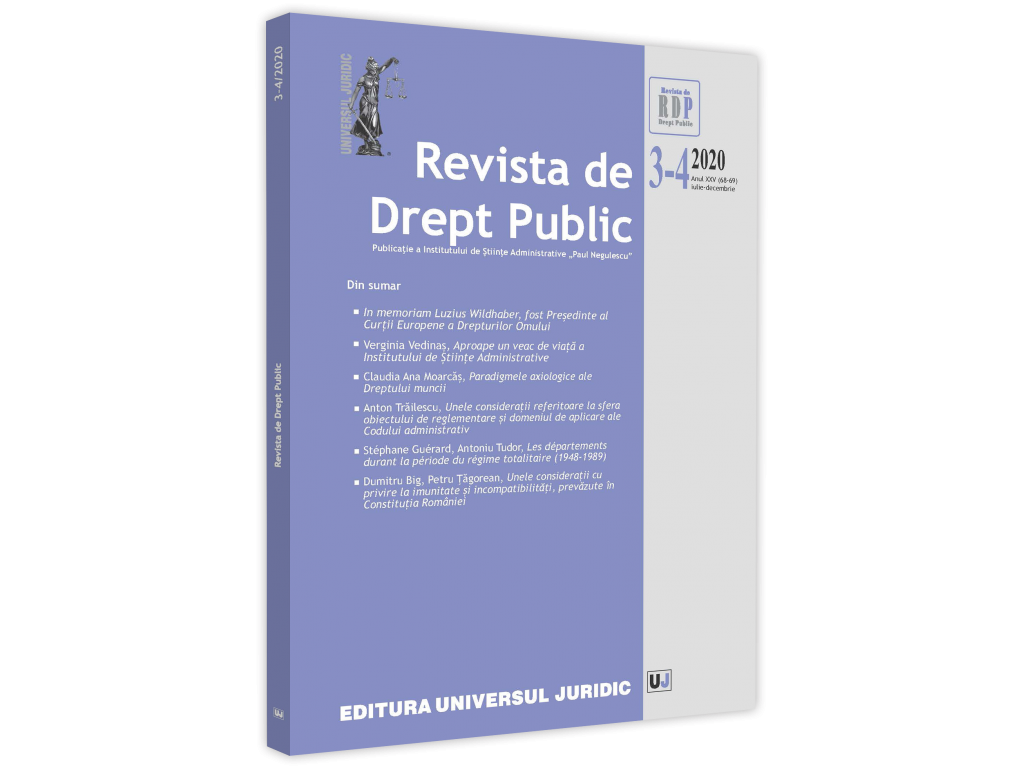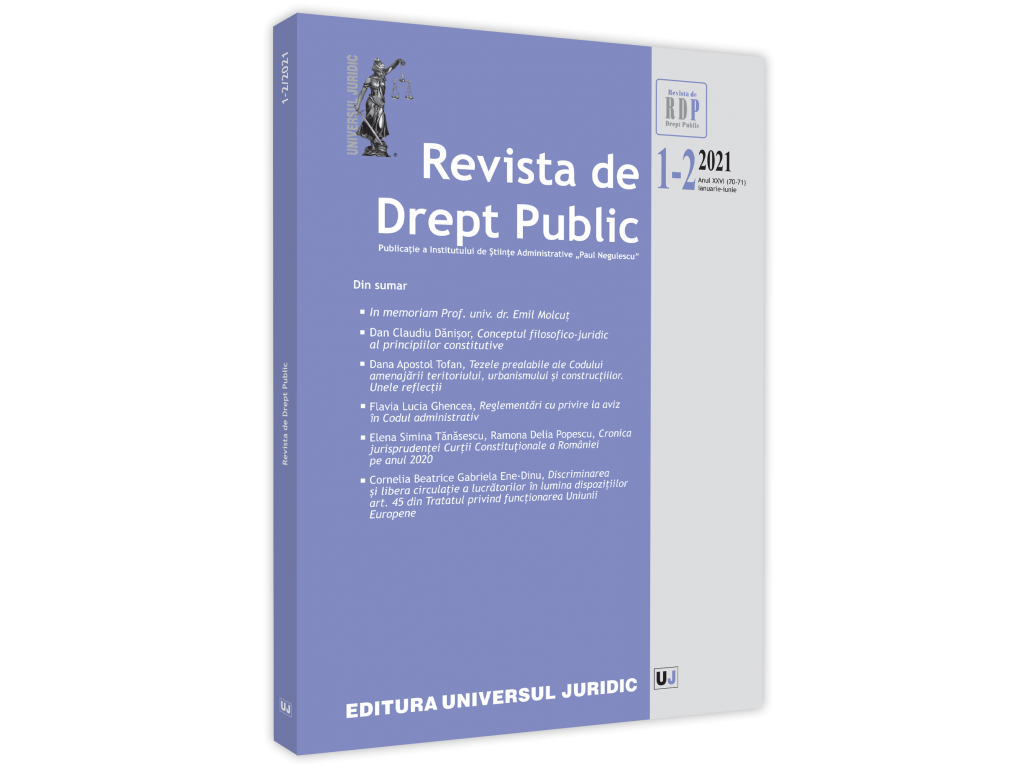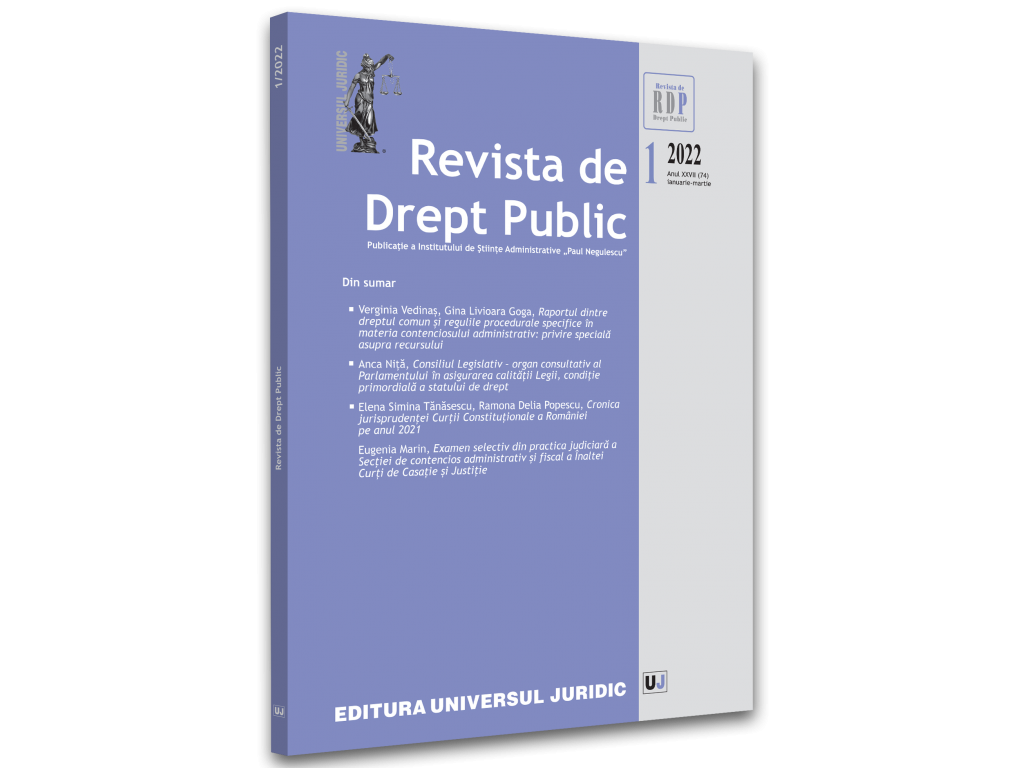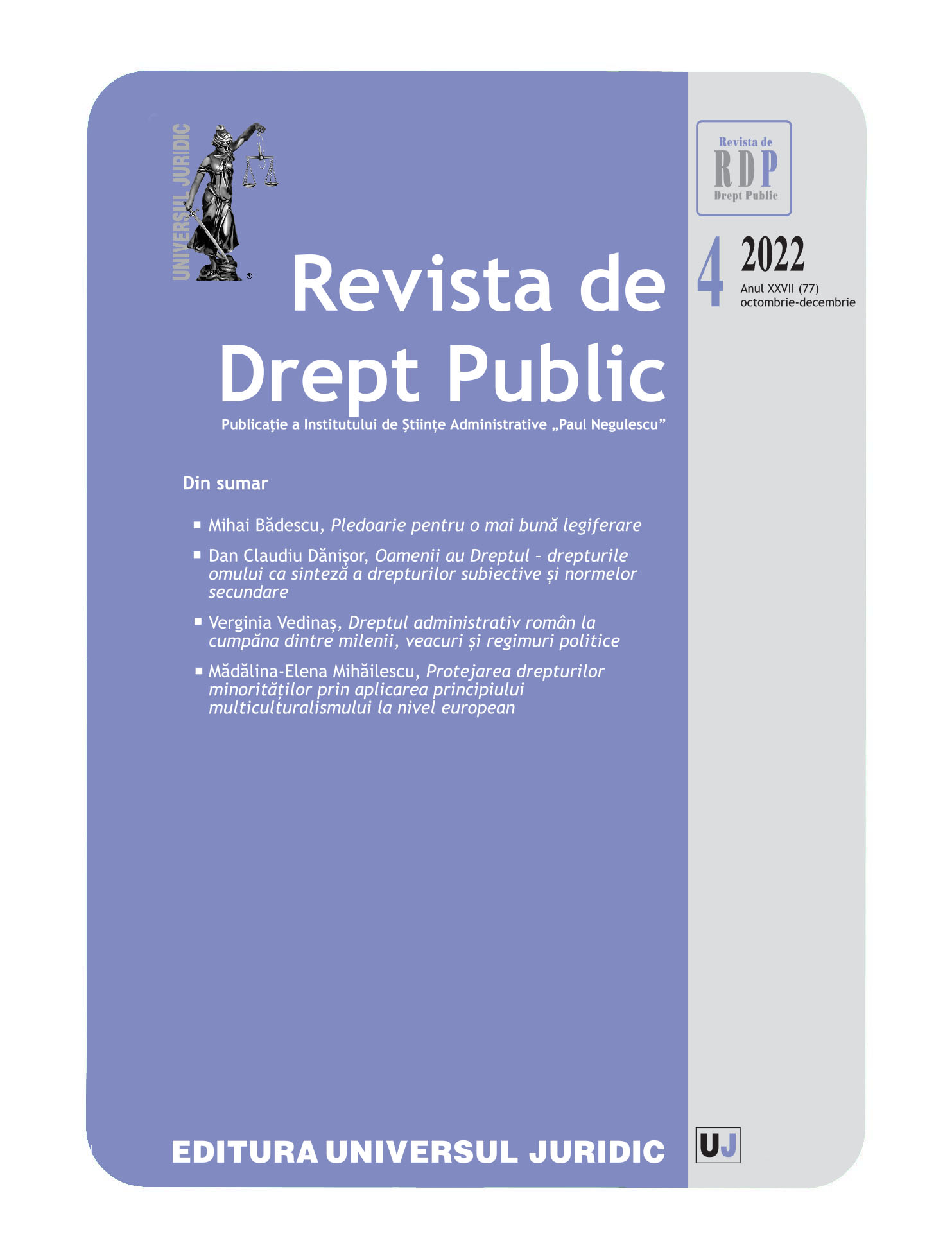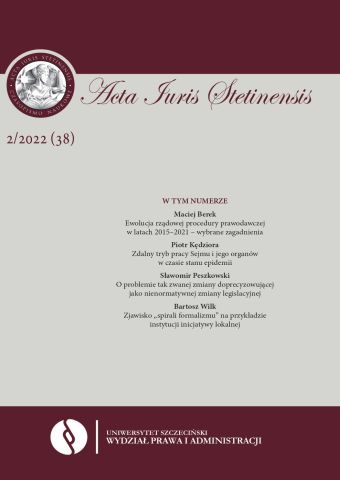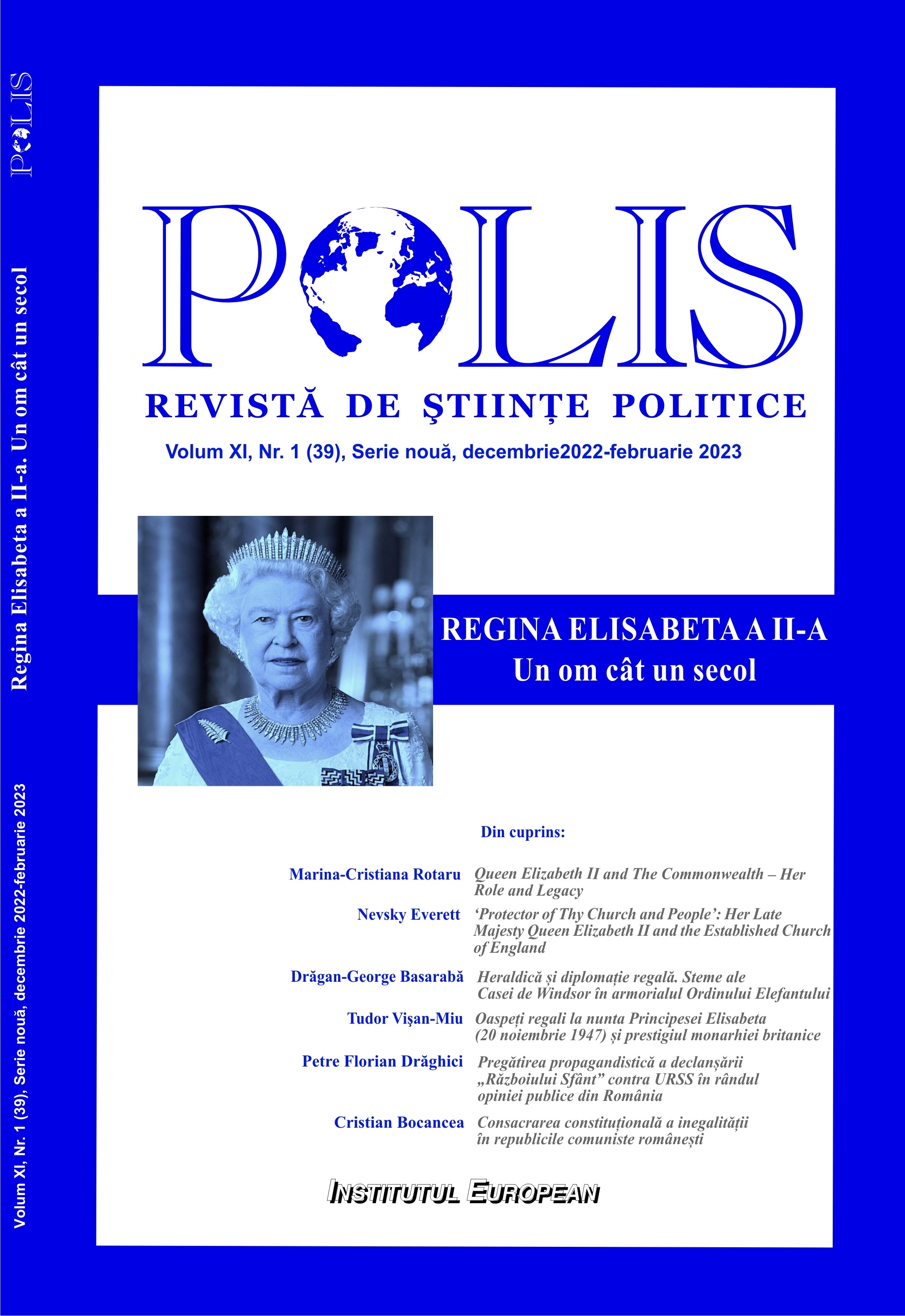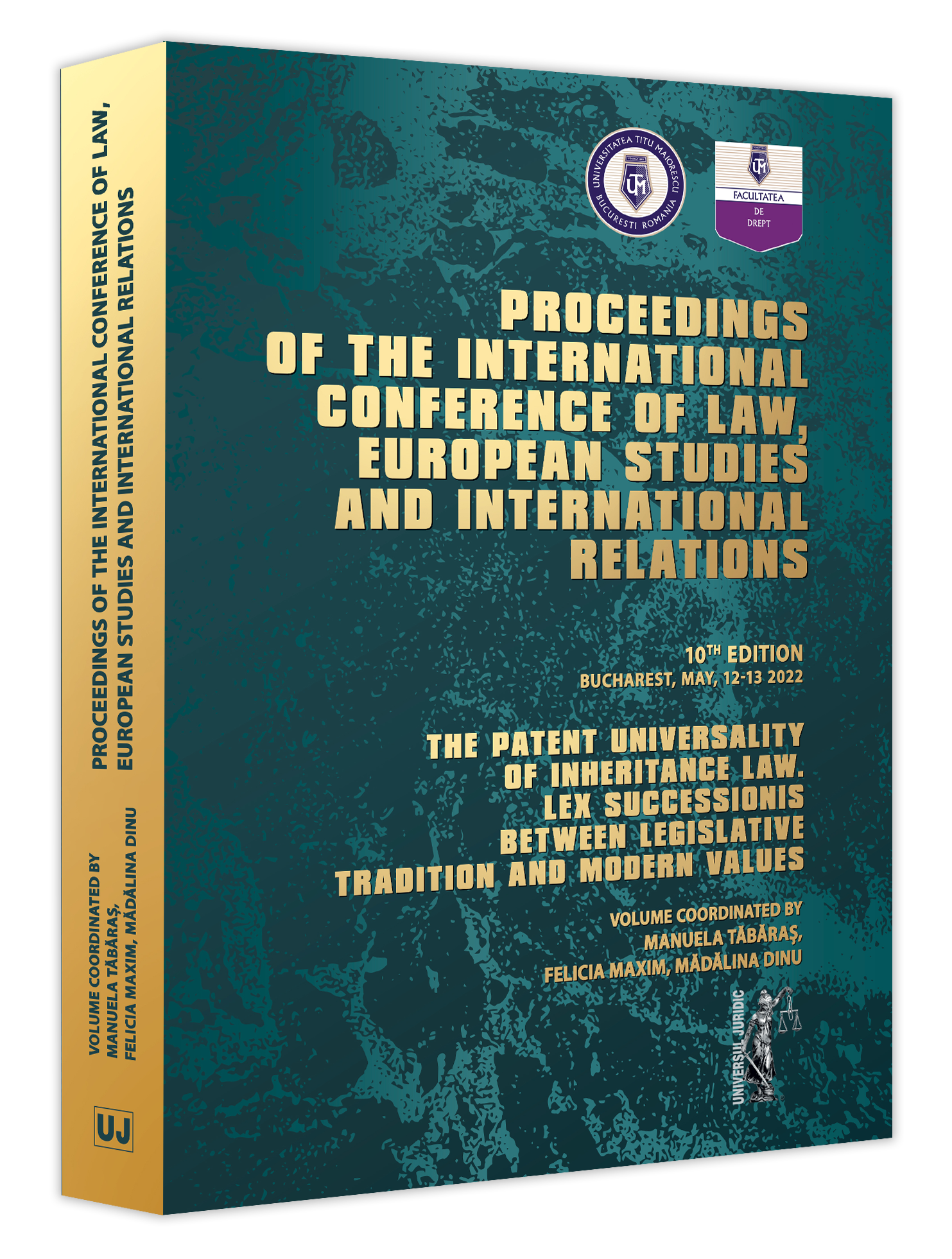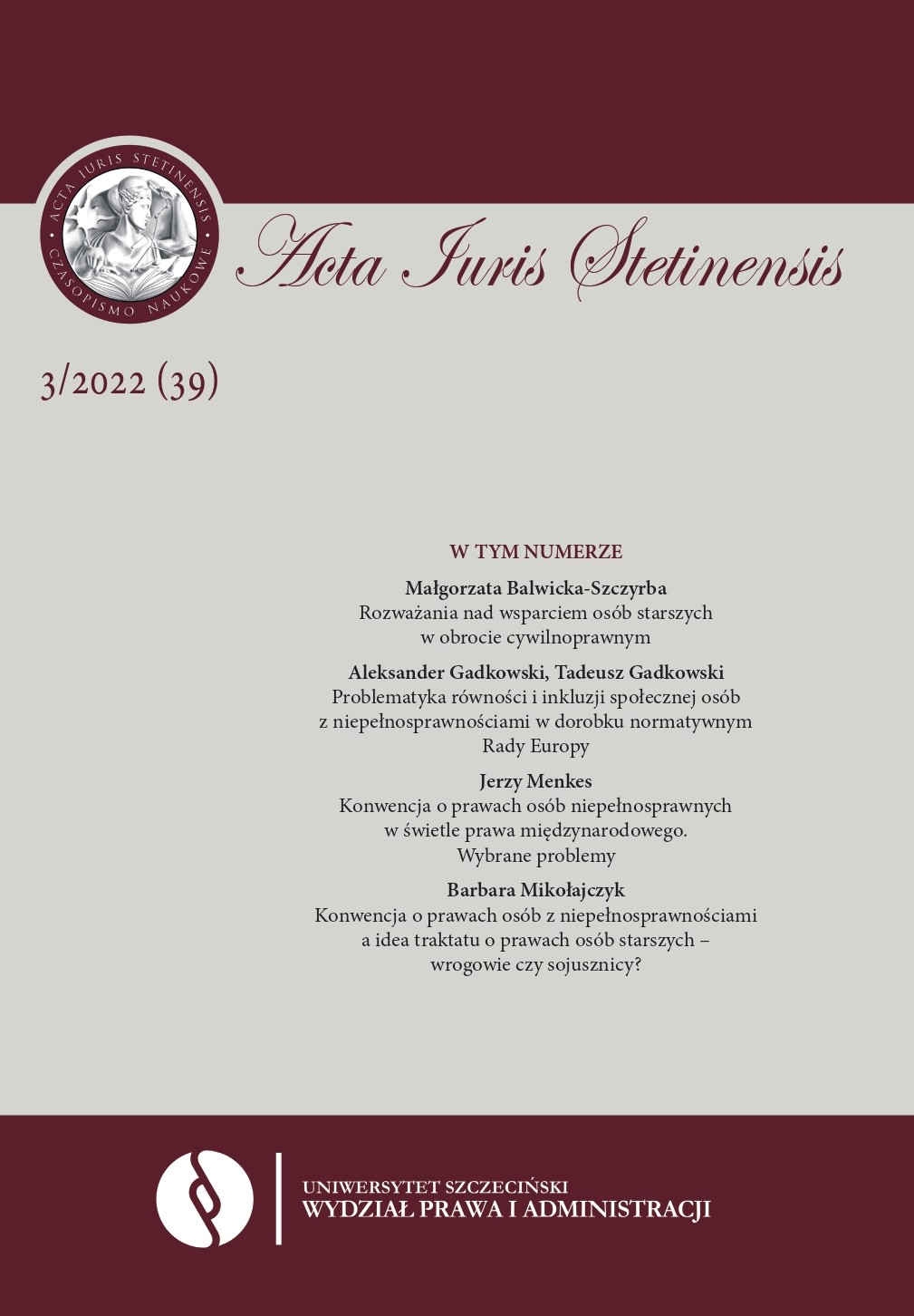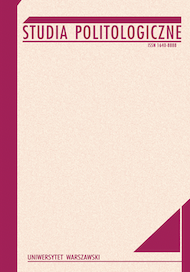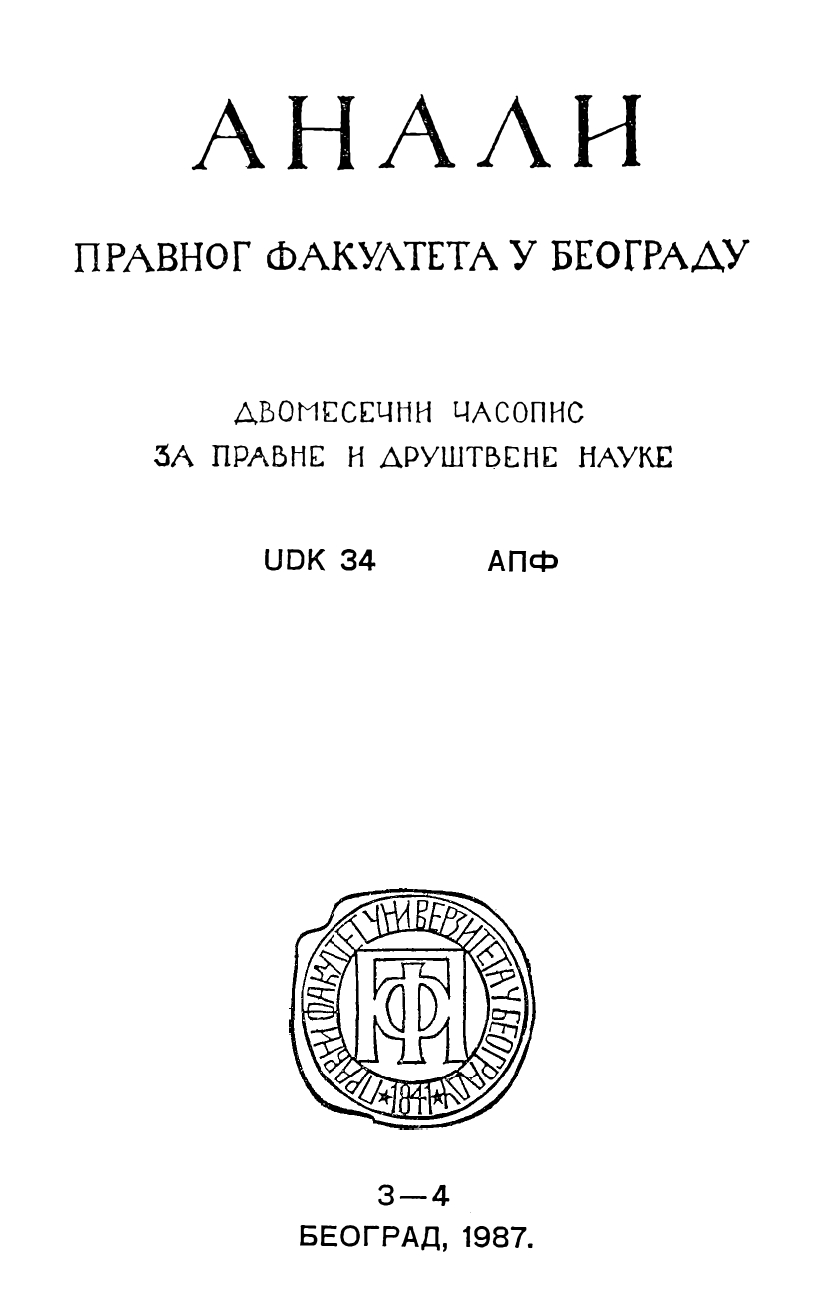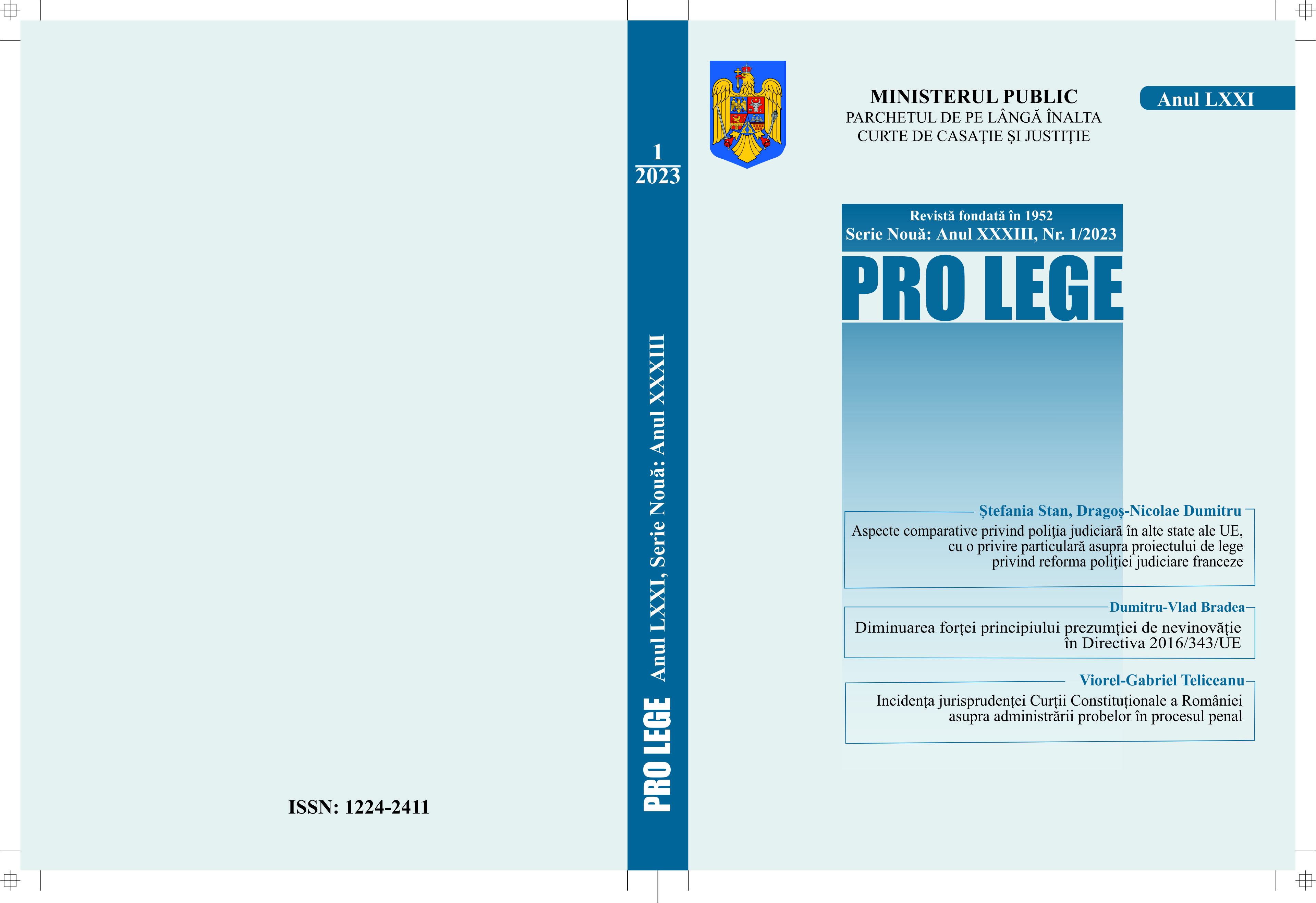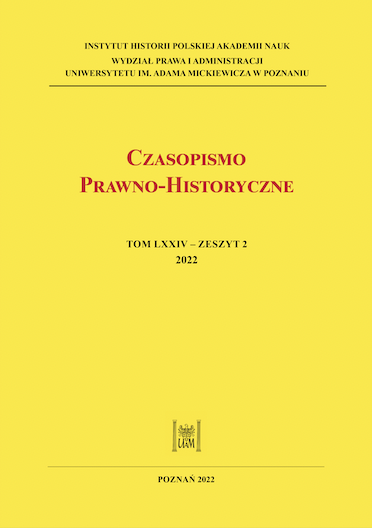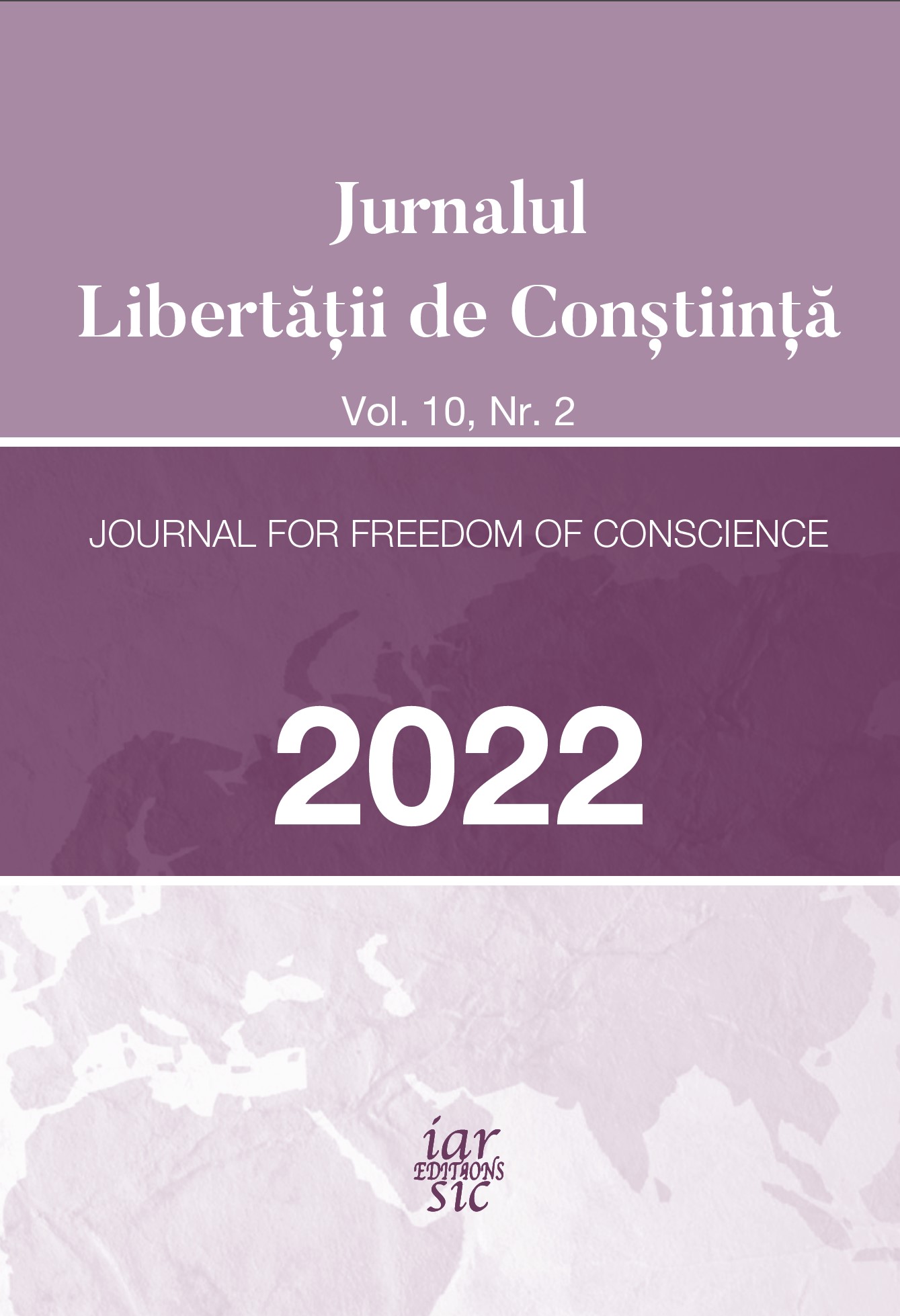
LIBERTATEA RELIGIOASĂ A CULTELOR DIN ROMÂNIA INTERBELICĂ
After the achievement of the Great Union of 1918, a series of fundamental actions followed in Romania to strengthen the unity in all plans, with priority in the administrative and legislative one. In this context, one of the issues of major importance for the evolution of the Romanian society and of the reunited national state was the regulation of the regime of religious cults in Romania. The Romanian state had to clarify its relations with those minority cults from the reallocated Romanian provinces - Bucovina, Bessarabia, Banat and Transylvania - non-existent in the Old Kingdom and which functioned in Romania by virtue of the legislations of the states in which they had been incorporated before 1918. In the conditions created after the Great Union, by increasing the share of the followers of the minority cults and diversifying their activity in Greater Romania, the Romanian state was facing a novel problem, difficult to solve by conceptions and ways of governing the Old Kingdom and that is why it was necessary to adopt a special law to regulate the general regime of religious cults in the country, a requirement also stipulated in the Constitution of 1923, Article 22. The representatives of the cults also pronounced themselves, in the interwar period, for the necessity of legal regulation of their relations with the Romanian State. However, there were also pressure factors that determined the approval of the Law on Cults of 1928, recalling here the conclusion of the Concordat with the Vatican on May 10, 1927, on the one hand, and on the other hand, the insistence of the representatives of the Baptist cult to the Romanian government for its legal recognition, asking for support in this regard, through Nicolae Titulescu, at the League of Nations. The Law of Cults of 1928 ordered the relations of the state with all minority cults in Romania, so that their being leads to a normal functioning of the Romanian society. It was a modern law, inspired by the concrete historical, spiritual, and confessional realities of Greater Romania and based on the norms of international law, but which did not consider the legitimate demands of the Romanian Orthodox Church. For this reason, the Law on the General Regime of Religious Denominations in Romania was received with many reservations by the Romanian Orthodox Church.
More...
